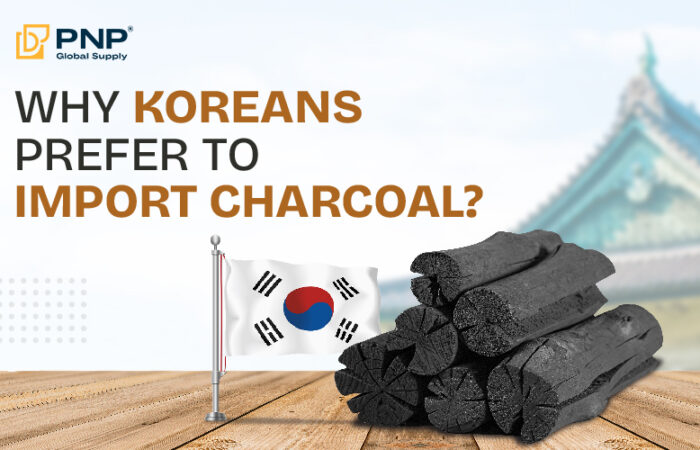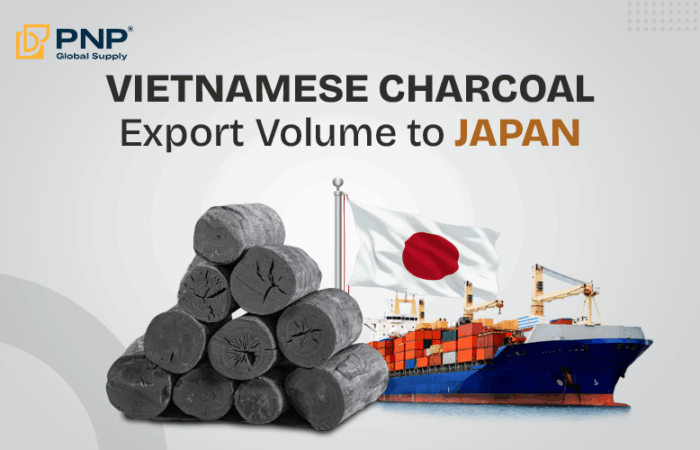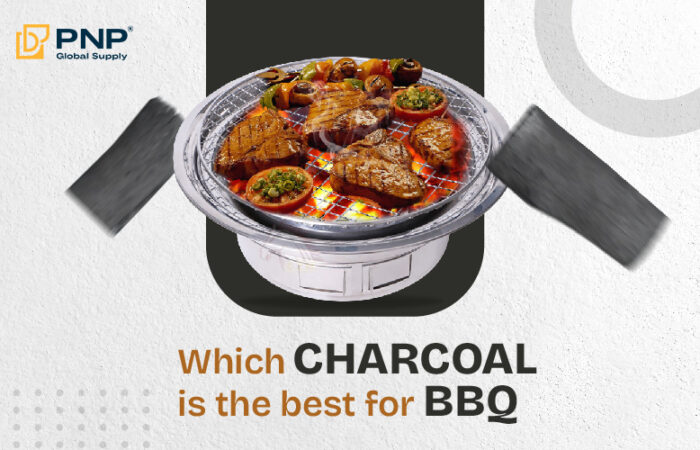White charcoal, known as binchotan charcoal, is deeply embedded in Japan’s culinary heritage and culture. Unlike regular charcoal, white charcoal is prized for its unique burning properties, minimal smoke, and ability to preserve the natural flavors of food. In Japan, this type of charcoal has become the gold standard for grilling, especially in preparing traditional dishes such as yakitori (skewered grilled chicken), kushiyaki, and other delicate grilled items.
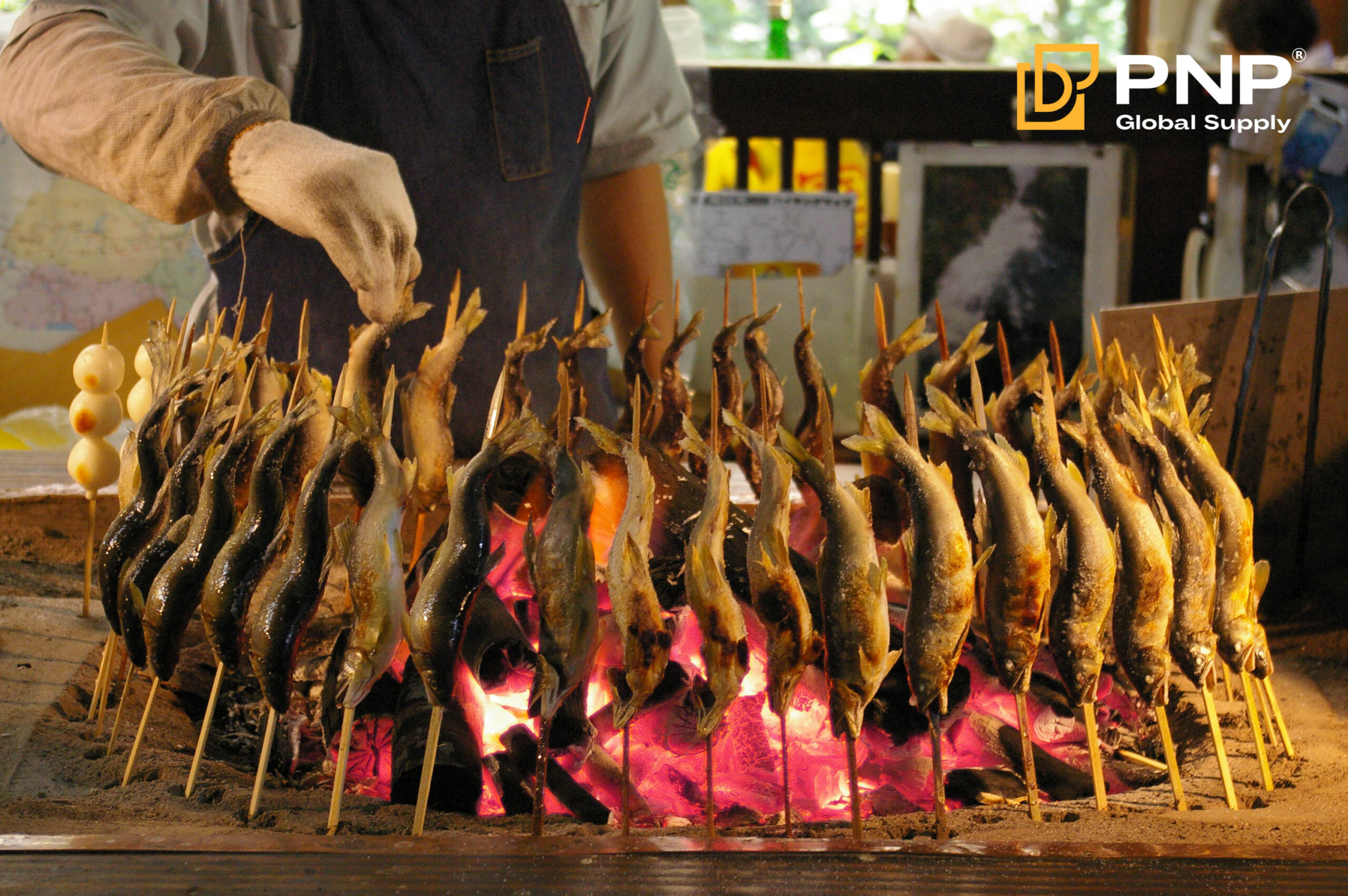
Key Features and Benefits of White Charcoal
The success of white charcoal in Japan is mainly due to its outstanding burning characteristics and safety profile. Compared to conventional charcoal, white charcoal offers:
- Longer charcoal burn time: White charcoal burns steadily and lasts much longer, often up to several hours, reducing the need for frequent refueling during grilling sessions.
- High heat output with minimal smoke: It produces intense, stable heat ideal for grilling, while generating little to no smoke or unpleasant odors that can alter food flavors.
- Clean and odorless combustion: This ensures that the natural taste of ingredients is preserved without the interference of smoky or chemical smells.
- Safer for health: White charcoal emits fewer harmful substances during combustion, making it suitable for indoor and open-air grilling alike.
These features make white charcoal the preferred charcoal for restaurants, especially those serving authentic Japanese cuisine. Using white charcoal enables chefs to deliver food with perfectly balanced flavors and textures, satisfying even the most refined palates.
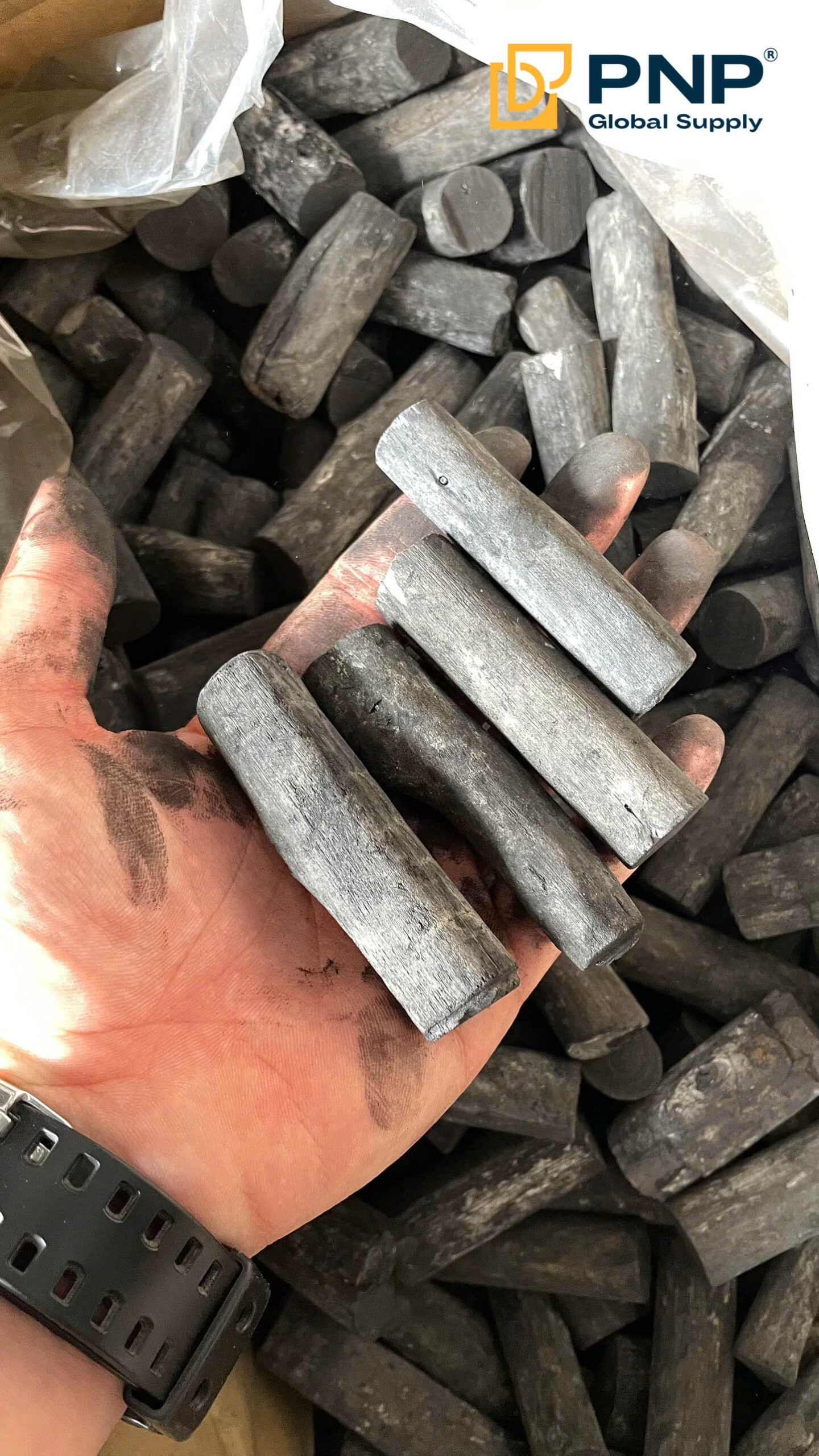
What is Binchotan Charcoal?
Binchotan charcoal is a premium variety of white charcoal that holds a special place in Japanese tradition. It is typically produced from Eucalyptus wood, a dense hardwood species native to specific regions in Japan, known for its hardness and ability to retain heat exceptionally well.
The manufacturing process of binchotan is highly specialized. The wood is slowly carbonized at very high temperatures in a low-oxygen environment to remove all volatile compounds, resulting in charcoal that is extremely hard, nearly pure carbon, and capable of burning for extended periods with steady heat. This meticulous process makes binchotan charcoal markedly different from ordinary charcoal both in performance and quality.
Due to these unique properties, binchotan charcoal for grilling is highly valued for its consistent heat output, minimal ash production, and clean burning characteristics.
Applications of Binchotan Charcoal in Japanese Cuisine
Binchotan’s attributes make it ideal for grilling various traditional Japanese dishes. It is most famously used for yakitori, where skewered chicken is grilled slowly over the charcoal embers to develop a tender, smoky flavor without burning. Other uses include grilling seafood, vegetables, and seasonal delicacies.
The controlled heat of binchotan allows chefs to precisely regulate cooking temperatures, resulting in food that is evenly cooked, juicy, and flavorful. Because binchotan charcoal does not produce acrid smoke or off-putting odors, it preserves the pure taste of ingredients — a critical factor in Japanese cuisine’s emphasis on natural flavors.
The preference for binchotan charcoal for grilling also extends to high-end restaurants and specialty food establishments that seek to provide an authentic dining experience.
Japan’s White Charcoal Import Market: Volume and Trends
While Japan has a long history of producing binchotan charcoal domestically, it still imports a substantial amount of white charcoal annually to meet its rising demand. According to trade data from the past five years:
- Japan imports approximately 10,000 to 12,000 metric tons of white charcoal annually from countries such as Vietnam, Thailand, and Indonesia, which are emerging suppliers in the global charcoal market.
- The import volume has seen a steady increase of about 5-7% per year, driven by the growth of Japanese-style dining establishments both domestically and overseas.
- Vietnam, in particular, has become a significant exporter of high-quality white charcoal to Japan, focusing on meeting the strict quality standards demanded by the Japanese market.
The imported charcoal is carefully selected and often matches the performance criteria of domestic binchotan. It is primarily supplied to urban centers and regions where the density of restaurants and specialty food outlets is highest.
These imports are crucial because domestic production cannot fully satisfy the expanding market, especially given the limitations in raw material availability and higher production costs in Japan.
Vietnam is currently one of the leading exporters of charcoal in the world, check out the article below to learn how to import high-quality white charcoal from Vietnam: How to Import White Charcoal from Vietnam?
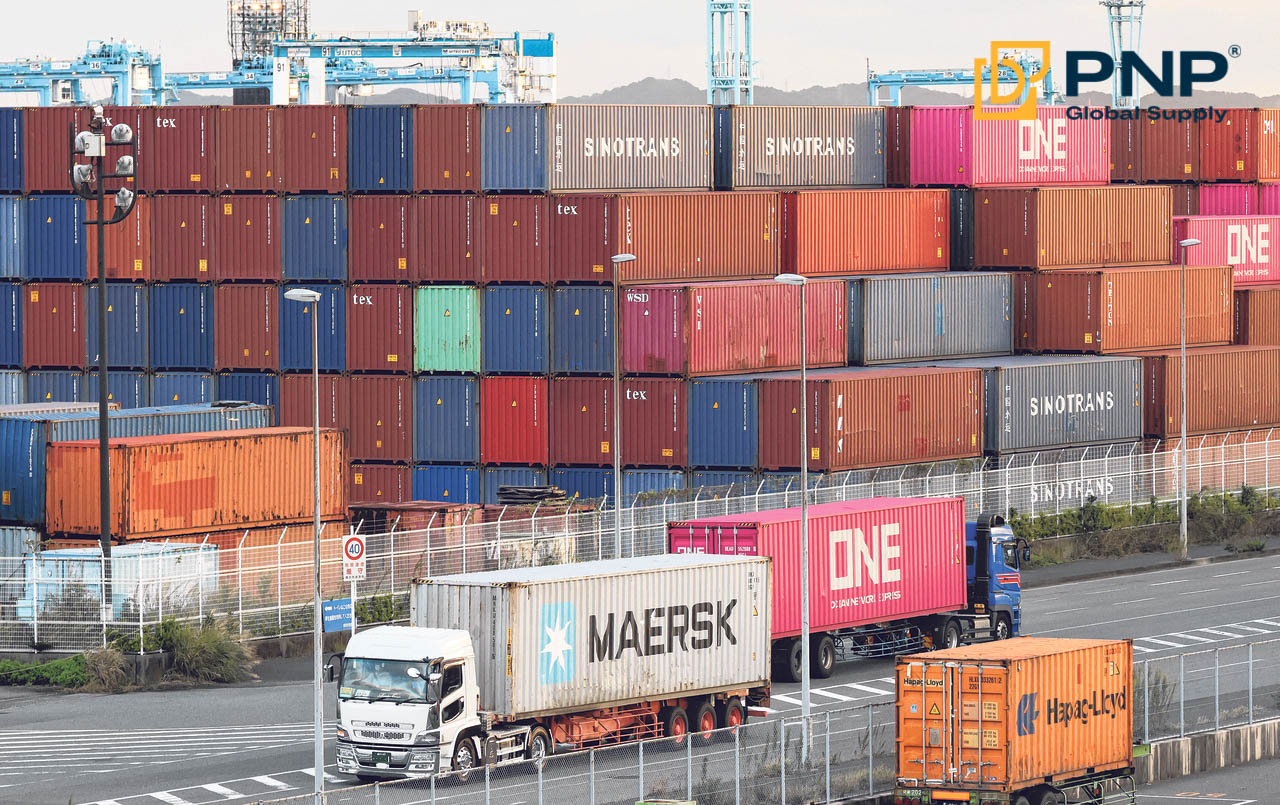
Domestic Production Capacity and Challenges
Japan’s production of binchotan charcoal remains rooted in traditional methods, primarily concentrated in regions like Wakayama and Shiga prefectures. The domestic charcoal industry is known for producing high-grade binchotan, often regarded as the world’s best due to the use of premium Ubame oak wood.
However, several factors limit domestic output:
- Labor-intensive production process: The traditional method of slow carbonization demands skilled artisans and significant time, increasing production costs.
- Competition from imported charcoal: Imported white charcoal often provides a more cost-effective option for many businesses without sacrificing much in terms of quality.
As a result, while domestic binchotan production remains a symbol of craftsmanship, the majority of Japan’s white charcoal supply is a combination of local and imported products.
PNP Charcoal is a reputable white charcoal supplier from Vietnam, offering high-quality products that meet the strict standards of demanding markets like Japan. If you’re looking for a reliable, cost-effective, and high-performance charcoal source, visit our pnpcharcoal to explore our premium products and export services.
Conclusion
The Japanese market’s enduring preference for binchotan charcoal and other forms of white charcoal stems from their superior burning qualities, ability to enhance food flavor, and suitability for authentic grilling styles. White charcoal’s long burn time, clean heat, and neutral flavor profile make it indispensable to Japanese chefs and grilling enthusiasts alike.
Despite Japan’s capacity for high-quality domestic production, import demand continues to grow steadily, presenting significant opportunities for international charcoal manufacturers to supply the Japanese market with premium white charcoal products.
For restaurateurs, grilling professionals, and food lovers who value quality and authenticity, choosing binchotan charcoal for grilling ensures a healthier, more flavorful, and refined cooking experience. White charcoal remains a vital element of Japan’s rich culinary tradition and a symbol of excellence in grilling.
________________________________
Contact us for more information
Facebook: PNP Charcoal
Instagram: PNP Charcoal
Email: info@pnpglobalsupply.com

